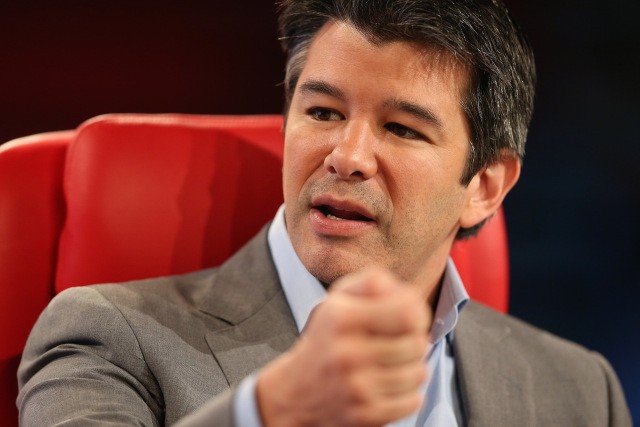Uber has officially started offering self-driving cars to passengers in Arizona. Folks in Tempe, Arizona can now hail one of Uber’s self-driving Volvo XC90 SUV’s through the company’s ride-hailing platform.
Uber was planning to roll out self-driving cars in San Fransisco. However, local legal and regulatory troubles meant that the plans did not pan out and the company had to discard SF for now. It next set its sights on Arizona, and has finally managed an official roll out of its self-driving cars here.
This is not the first time that Uber is piloting its self-driving cars on public roads in the US. Previously, the company launched the self-driving vehicles in Pittsburgh, Pennsylvania — where we assume that it was a success, since no controversies regarding a driver-less car causing havoc surfaced. Uber then planned to expand these cars to San Fransisco sometime in the middle of December. However, things between California authorities and Uber did not quite work out.
First, the California DMV asked the cab aggregator to get a $150 self-driving car permit for its cars. Uber, for reasons of its own, refused. A few days later, one of the company’s self driving cars crossed a red light, leading to a lot of hullabaloo — finally causing the company to shift its self-driving cars to Arizona.
Meanwhile, Uber’s Arizona stint is likely to proceed much more comfortably. State Governor Doug Ducey, is a staunch supporter of self-driving cars and has welcomed manufacturers to test their vehicles on the state’s roads. The governor’s support has led to other benefits for the state as well, such as various manufacturers including Cruise, open their manufacturing facilities in the state.
Meanwhile, Uber’s first customer for its self-driving cars in the state was none other than the governor Doug himself.
AZ Gov @dougducey taking a ride in @Uber_AZ‘s new self driving car. Pretty slick looking machine! pic.twitter.com/1zFoDNYUKV
— Ty Brennan (@TyFox10) February 21, 2017
Meanwhile, the move will go a long way towards Uber’s plans of getting a self-driving fleet up and running. If it can pull its Arizona stint off — and there isn’t really any reason why it shouldn’t, assuming that the tech is sound — it might be able to convince other states into opening their doors as well.
The Tech Portal is published by Blue Box Media Private Limited. Our investors have no influence over our reporting. Read our full Ownership and Funding Disclosure →






